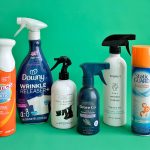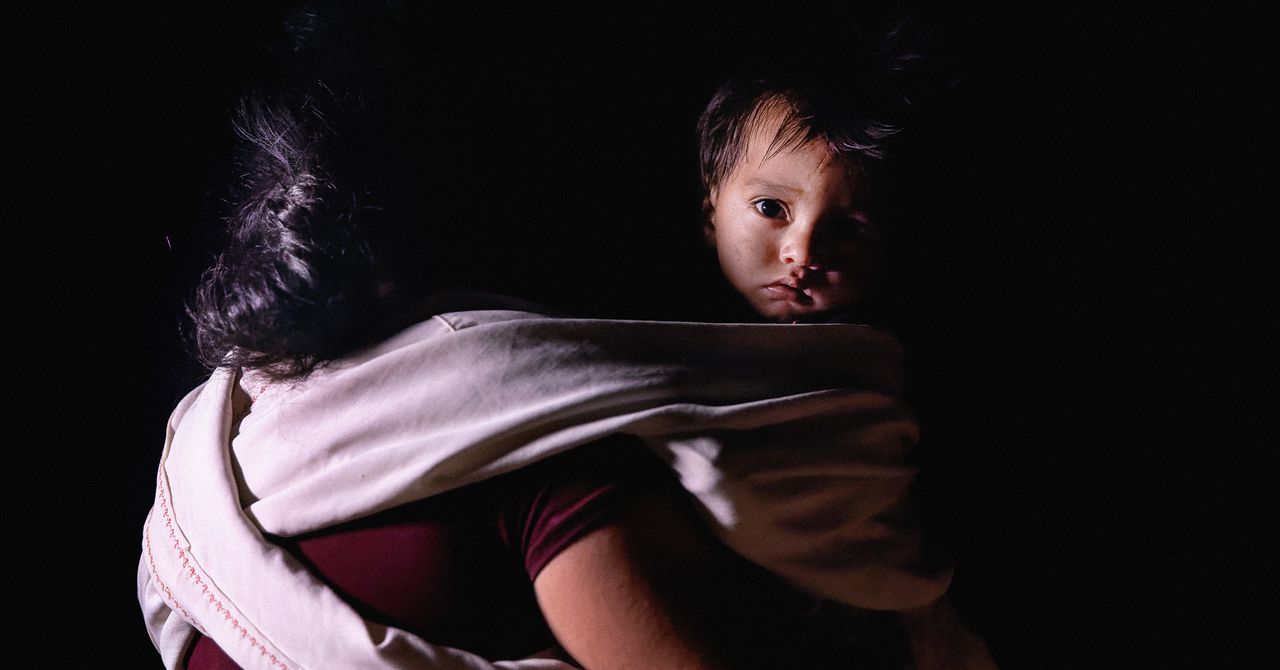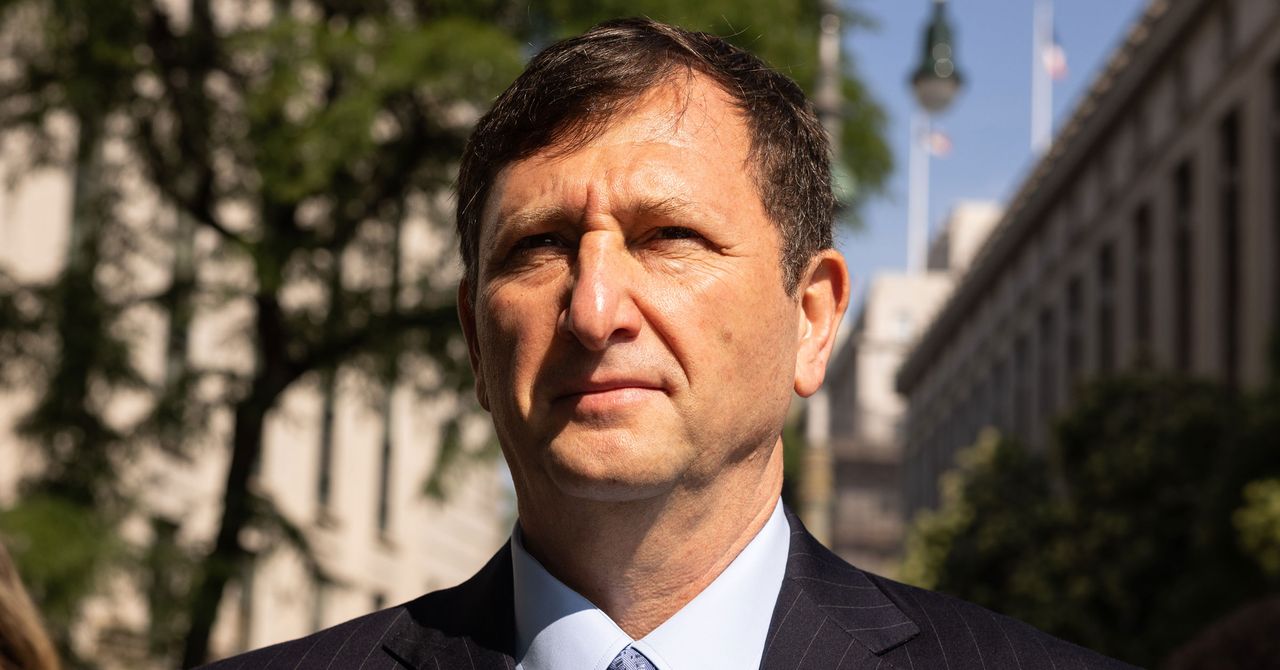
Skip sprays for kids. Children are more likely to squirm when they’re being sprayed, so the spray could inadvertently go toward their face and be inhaled. CR recommends that caregivers avoid using spray sunscreens on kids unless no other product is available. And if you have to use a spray, spray the product into your hands and then rub it onto your child’s skin.
Keep sprays away from your face. To avoid inhaling potentially dangerous ingredients, never spray sunscreen directly onto your face. Instead, spray sunscreen on your hands and rub it on, making sure to avoid your eyes and mouth.
Hold the nozzle close to your skin and spray generously. It takes about an ounce of sunscreen to fully cover an adult’s body. But with a spray it’s hard to see how much you’re applying, creating the possibility that you’ll use too little and miss spots. A good rule is to spray until your skin glistens.
Rub it in thoroughly. Even if the sunscreen is labeled “no rub,” you should still smooth it into your skin for at least 10 seconds to get an even layer of coverage, says Mona Gohara, MD, an associate clinical professor of dermatology at the Yale School of Medicine in New Haven, Conn. “Otherwise, you’ll inevitably miss spots.”
Avoid sprays on windy days. “On windy days, you may be protecting the air more than your skin,” Gohara says. Up to 79 percent of spray sunscreen can be lost under light wind conditions on a beach, according to a 2021 report published by Griffith University in Australia, and the spray may blow into your face more easily. If no other sunscreen is available, spray it into your hands before rubbing it on your body.
Don’t use sprays if you’re going to be near an open flame. The alcohol in spray sunscreen is flammable. “When applying spray sunscreen, make sure you are not near a grill or another heat or open flame source,” Kapoor says. Even when your spray sunscreen is thoroughly rubbed in and dry, you should still stay away from flames. The Food and Drug Administration has had reports of people wearing spray sunscreen near a flame suffering significant burns that required medical treatment. Burns have the potential to be more severe on children than on adults, which is yet another reason CR advises not to use spray sunscreens on kids.









